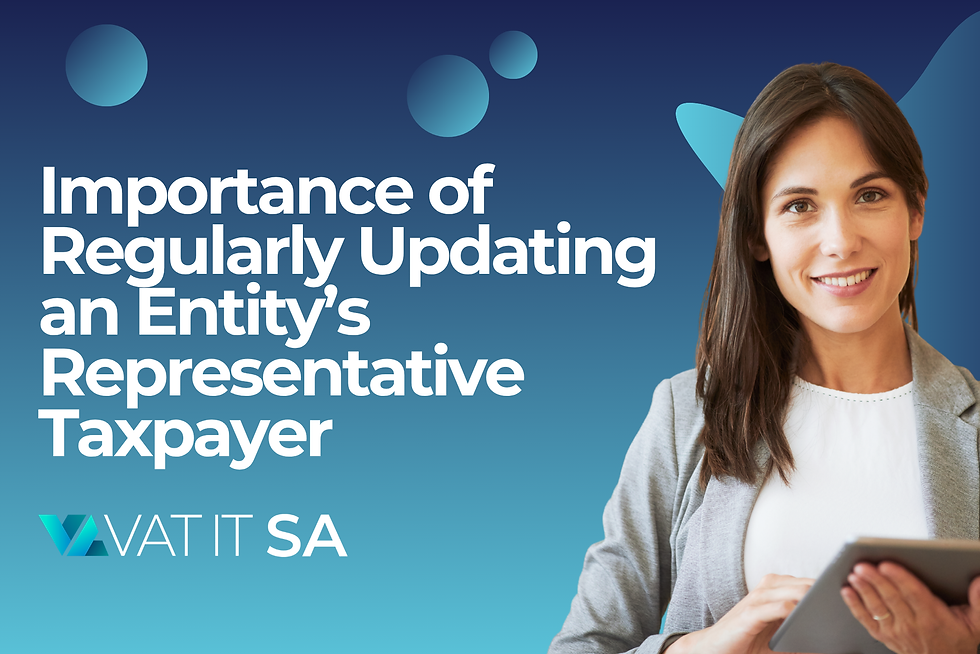Tax Dispute Resolution Challenges and How to Avoid Them
- Nico Grobler

- Aug 5, 2025
- 2 min read
Many taxpayers make the critical mistake of only seeking professional tax advice after their objection to a SARS assessment has been declined. Unfortunately, by then, significant damage may already be done. The tax dispute resolution process is complex, highly regulated, and time-sensitive. Success often hinges on procedural compliance, precise legislative referencing, and the taxpayer's ability to discharge the burden of proof. Engaging a qualified tax professional at the outset ,not as a last resort, can significantly improve the likelihood of a favourable outcome.
The dispute resolution process is governed by the Rules promulgated under the Tax Administration Act, 2011. These Rules outline strict procedures and timeframes that both SARS and the taxpayer must adhere to when lodging an objection or appeal.
One of the most common reasons SARS rejects objections is non-compliance with these procedural Rules, whether it's a late submission, a lack of supporting documents, or failure to follow the prescribed format. This makes it essential for taxpayers to be aware of, and comply with, the exact requirements set out in the legislation.
When preparing an objection, the taxpayer must provide a clear and concise legal basis for disputing the assessment, supported by sufficient factual evidence. This is not the time for vague statements or assumptions that SARS “should know” the assessment is incorrect.
Importantly, the burden of proof lies with the taxpayer. The success of an objection often depends on how well the grounds for dispute are formulated and how persuasively the supporting facts are presented. Poorly drafted objections that lack specificity or legal grounding are unlikely to succeed.
Should SARS disallow the objection, either fully or in part, the original submission plays a critical role in determining the strength of the taxpayer’s appeal or application for alternative dispute resolution (ADR). A well-drafted objection lays a strong foundation for further legal recourse.
This is another reason why early professional involvement is vital. A tax professional can help articulate legally sound arguments, reference the applicable statutory provisions, and ensure that all procedural requirements are met—greatly enhancing the chances of success in both the objection and any subsequent stages.

Comments